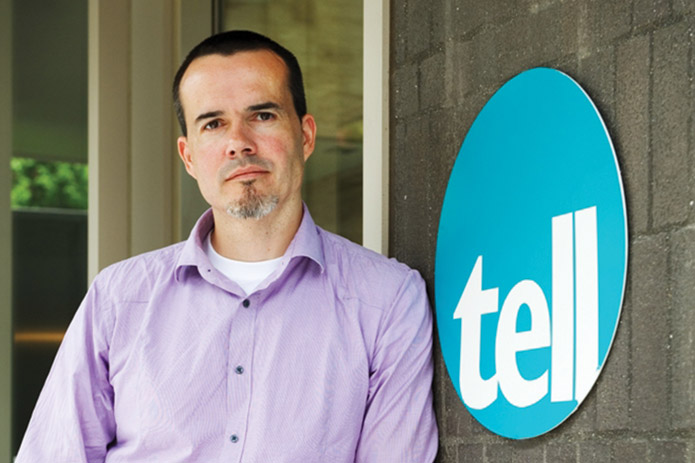 Broad and complex, CSR should be handled with care
Broad and complex, CSR should be handled with care
An acquaintance recently told me how impressed he was by the outpouring of support for Japan’s earthquake victims from British and other foreign firms. This, he said, showed the strength of CSR among modern businesses.
Well, yes and no. The support from these firms and their staff has been impressive by any standards and I applaud it as much as anyone. But there is much more to CSR than philanthropy and community volunteering, however valuable these can be.
CSR—like sustainability, which places appropriate emphasis on benefits to the firm as well as to society—is a broad and complex concept. It is about managing a business to make profits while obeying the law, behaving ethically, protecting the environment and otherwise contributing to society. It is driven by the conviction that addressing interests broader than those of shareholders alone is a precondition for maximising business performance. In the accepted shorthand, it is about “doing well by doing good”.
The CSR movement has clearly triumphed over its sceptics. Many firms have found that, by building social and environmental considerations into business strategy, they can unleash innovation, motivate employees, mitigate business risks, enhance corporate and brand reputation, and strengthen competitive advantage.
Multinationals today produce voluminous annual reports on sophisticated CSR programmes. The rise of mandatory sustainability reporting and the focus of institutional investors on environmental, social and governance performance have increasingly raised the stakes.
But, while the theory has prevailed, the practice remains a challenge for some firms which struggle with what to do, how to measure results and other issues. Here are a few thoughts on three aspects of CSR.
Drivers
Key drivers of many CSR programmes are so-called sweet spots, where business initiatives are good for both profits and the common good. Food firms have introduced new low-calorie products that increase market share while potentially contributing to healthier lifestyles. Engineering and other firms have found overlaps between their businesses and protecting the environment. And so on. Most firms, large and small, can find sweet spots if they try hard enough.
Critics dismiss the sweet spot approach as business as usual, and say it lacks the moral dimension necessary to build a sustainable corporate culture. However, outcomes do matter. It is hard to argue with win-win results.
Measurement
Many major corporations use sustainability reporting guidelines from the global Reporting Initiative to produce triple bottom line (economic, social and environmental) reports.
Critics argue that a resolute, single focus on the profit line would produce more efficient CSR investments over time. Whatever approach they take, firms owe it to shareholders to subject CSR commitments to appropriately rigorous cost benefit analysis.
Communications
High-profile CSR programmes can create as well as mitigate risk. One danger is that CSR initiatives may be interpreted as “just PR”. There remains plenty of scepticism out there. Those responsible for communications and stakeholder engagement must tread very carefully to ensure that the firm gets appropriate credit for its actions.
They must also be ready to manage the more serious risks that can flow from any perceived failure to walk the talk. Even at high-profile firms, there is ample evidence that blind spots persist. For example, product and service providers, including financial institutions, speak of doing good for society while engaging in caveat emptor sales practices that exploit consumer ignorance. I could go on. If not rapidly neutralised, any revolts by customers or other stakeholders can blow a very large hole in the most carefully constructed CSR edifice.



